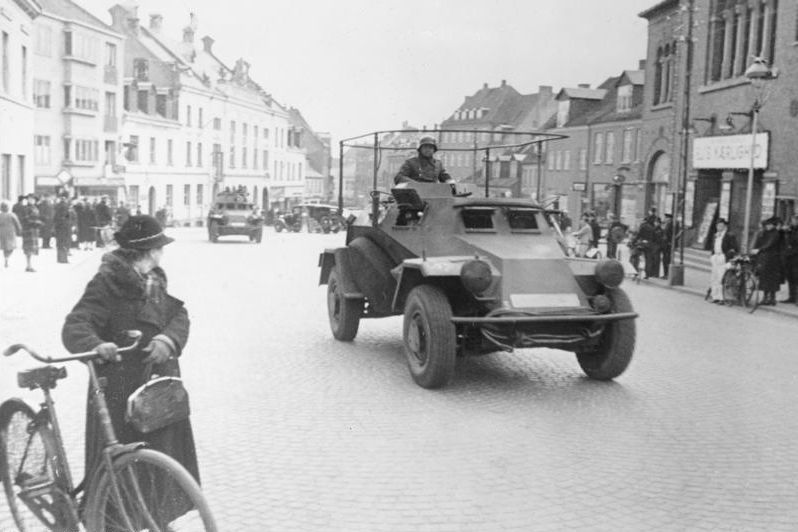When the defeated German army left Denmark 70 years ago in May 1945 following the Allies’ liberation of Europe in WWII, it left behind 11.6 billion kroner of debt accumulated during the occupation.
But since then, the Germans have only paid back a fraction of the debt – which taking today’s inflation into account is estimated to be in excess of 200 billion kroner. The issue has zero political will and the reparations will probably never be paid.
“It’s a dead case. No responsible politician will raise the question and say the Germans owe us money,” Steen Andersen, an associate professor of history at Copenhagen Business School, told Jyllands-Posten newspaper.
“The Danish-German relationship is stable and was helped along in particular by the Bonn-Copenhagen agreement in 1955 where an accord was struck concerning each other’s borders and minorities. It would be political idiocy to gamble with that stability.”
READ MORE: “Liberation is on the way – May the 4th be with you”
Gave up in 1977
Joachim Lund, Andersen’s colleague at CBS, concurs. He argues that Germany doesn’t owe Denmark a single kroner, and that Denmark and the rest of Europe have reaped the benefits of Germany’s economic rejuvenation.
At a conference in London in 1953, Denmark and a number of other nations agreed to cut in half Germany’s outstanding debt.
In 1977, the Danish prime minister at the time, Anker Jørgensen, confirmed the government would not try to collect the German debt.















